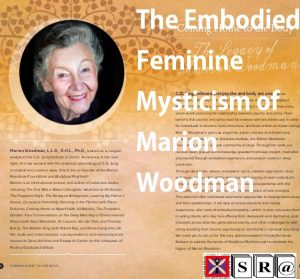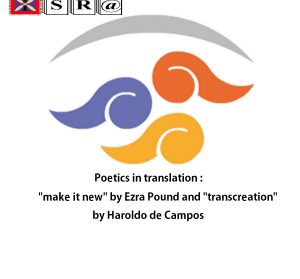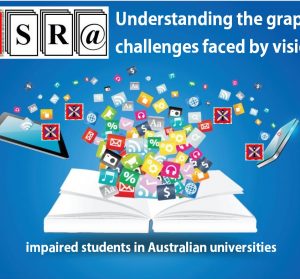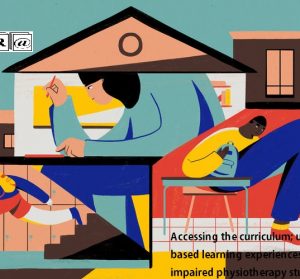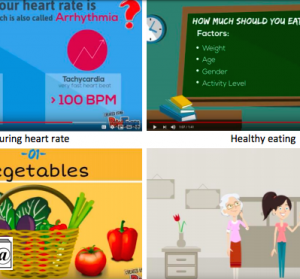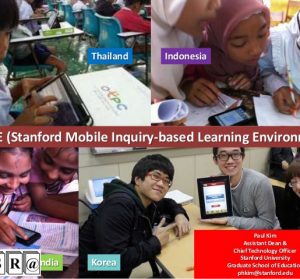Undergraduate social sciences majors
- Social Research
- Social planning
- Social welfare and cooperation
- People knowledge
Social Research
The goal of social research is to build a sociological human being. A human being who can raise the level of social awareness and respond to the needs of educational, research and service centers by careful theoretical and practical studies as a researcher.
Necessary and recommended skills for a research student
The student in this field should be interested in theoretical and practical research; That is, on the one hand, to study and critique social social theories, and on the other hand, to go among the people of society and be interested in field research. Mathematical knowledge and insight are very important in this trend; Because it is very important to think carefully and think carefully in social research.
Job position of research orientation in
At present, social research has become widespread, and not only are public sectors required to conduct social research, but private sectors have also turned to social research. For this reason, it is safe to say that a literate student today will never have a problem with employment that has research skills.
Joint courses in different fields of social sciences
Theories of Sociology, Research Methods, Sociology in Persian Literature, Scientific Research Methods, Sociology of War and Military Forces, Study Social Issues, Sociology of Revolutions, Fundamentals of Sociology, Fundamentals of Demography, Fundamentals of Psychology, Sociology, Basic Fundamentals, Philosophy, Fundamentals of Philosophy , Principles of Political Science, Preliminary Statistics, Preliminary Methods of Population Analysis, Principles of Economics, Statistics in Social Sciences, History of Social Thinking in Islam, Social Psychology, Specialized Foreign Language, Humanities from the Perspective of Islam and Other Letters.
Specialized courses in social research
Rural sociology, sociology of social deviations, sociology of tribes and nomads, sociology of family, urban sociology, special research techniques, sociology of mass communication, industrial sociology, computer application, sociology of organizations, sociology of development, population application.
Social planning
The tendency of social planning is mainly about social issues and planning about society and human beings.
Necessary and recommended skills for a planning student
The orientation of social planning is closely related to field statistics and research, which is why the student in this field must be physically healthy in order to be successful in conducting field research.
Job position of planning orientation
Students in this field find good views on urban and rural issues, transportation, sociology-economic programming with a social dimension, and can work in three areas: public, private, and private.
Specialized courses in social programming
Principles of Development and Civil Engineering, Theories of Planning, Urban Planning, Theories of Regional Planning, Rural Planning, Preliminary Planning Techniques, Regional Planning , Social Sciences, Planning, Planning and Planning, Planning and Planning, Organizational Factors.
Cooperation and social welfare
The content of these courses is economics, sociology, anthropology, finance, accounting, management and cooperation, and the purpose of the training is to train experts who can, with the help of human organizations, distribute a fair distribution of wealth and power in society. In the field of cooperatives and social welfare, everything related to cooperatives is discussed, including the types of cooperatives, how they are established and managed, and the benefits that cooperatives have for society.
The trend of cooperation and social welfare as a middle ground uses a variety of courses that can be summarized in two basic and basic courses in economics and sociology. Fields such as finance, economics, and accounting are successful, and if they are interested in the social sciences, they can succeed in courses such as sociology or anthropology. In addition to being prepared for the above courses, the student in this field must be interested in cooperation and have the spirit of cooperation and collaboration with others. Because in this field, the student must be able to establish a close relationship with others.
Job position in the field of cooperation and welfare
Graduates of this specialization can work in various branches and units of the Ministry of Cooperatives. They can also work in cooperatives of various companies and ministries, including production, consumption and housing cooperatives, as managers and planners. Although graduates of this field can be useful in many private and public ministries and companies, unfortunately the labor market is limited because our society does not care about the scientific and managerial management of cooperatives and in general cooperatives do not have an active presence in society.
Specialized courses in cooperative orientation and social welfare
Principles and ideas of cooperatives, the course of cooperative development in the world, principles of education and promotion of cooperatives, types and functions of cooperatives, organization and management in cooperatives, fields and methods of cooperation in urban, commercial, rural, micro and micro economics. (Preparation of Articles of Association and Regulations), Principles of Accounting, Financial Affairs of Cooperatives, Seminar on Cooperative Issues, Social Security and Welfare, Internship.
Anthropology
The main task of an anthropologist is to study the culture of different societies, in different places and times, from the earliest times to the present day. For this reason, the social sciences, without anthropology or cultural anthropology, will face many problems because culture plays a very important and decisive role in social structures; That is to say, the main requirement of social studies is cultural study, and in the field of cultural studies, anthropologists have a very important role.
Necessary and recommended skills for anthropology students
Curiosity, patience, and interest in fieldwork are essential for students in this field. The student of anthropology should be interested in the people and issues of the society and have good social relations so that he can establish close relations with different groups of the society and be informed about their culture and norms.
Sociology of Classes and Inequalities, Sociology of Tribes and Nomads, Cultural Anthropology, Human Environment, Human Geography , Family and Population Regulation, Fundamentals of Cooperation, Fields and Methods of Cooperation in Town and Village, Culture, History, Development, History, Ethics Elementary, archaeology, anthropology, museums and document recording techniques, village anthropology, ethnology, kinship systems, anthropology, religious anthropology, anthropology of art, symbolism and anthropology, anthropology, anthropology and culture … .
About KSRA
The Kavian Scientific Research Association (KSRA) is a non-profit research organization to provide research / educational services in December 2013. The members of the community had formed a virtual group on the Viber social network. The core of the Kavian Scientific Association was formed with these members as founders. These individuals, led by Professor Siavosh Kaviani, decided to launch a scientific / research association with an emphasis on education.
KSRA research association, as a non-profit research firm, is committed to providing research services in the field of knowledge. The main beneficiaries of this association are public or private knowledge-based companies, students, researchers, researchers, professors, universities, and industrial and semi-industrial centers around the world.
Our main services Based on Education for all spectrums people in the world. We want to make an integration between researches and educations. We believe education is the main right of Human beings. So our services should be concentrated on inclusive education.
The KSRA team partners with local under-served communities around the world to improve the access to and quality of knowledge based on education, amplify and augment learning programs where they exist, and create new opportunities for e-learning where traditional education systems are lacking or non-existent.
 social sciences[/caption]
social sciences[/caption]

